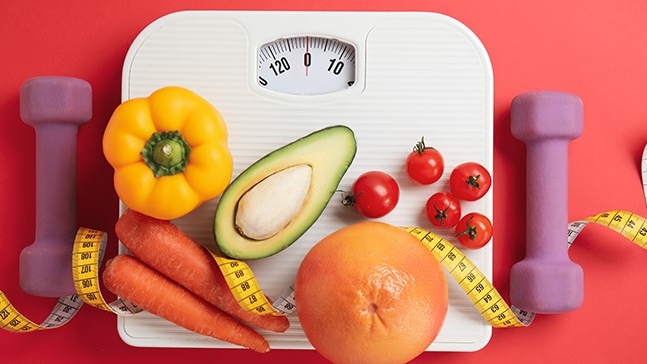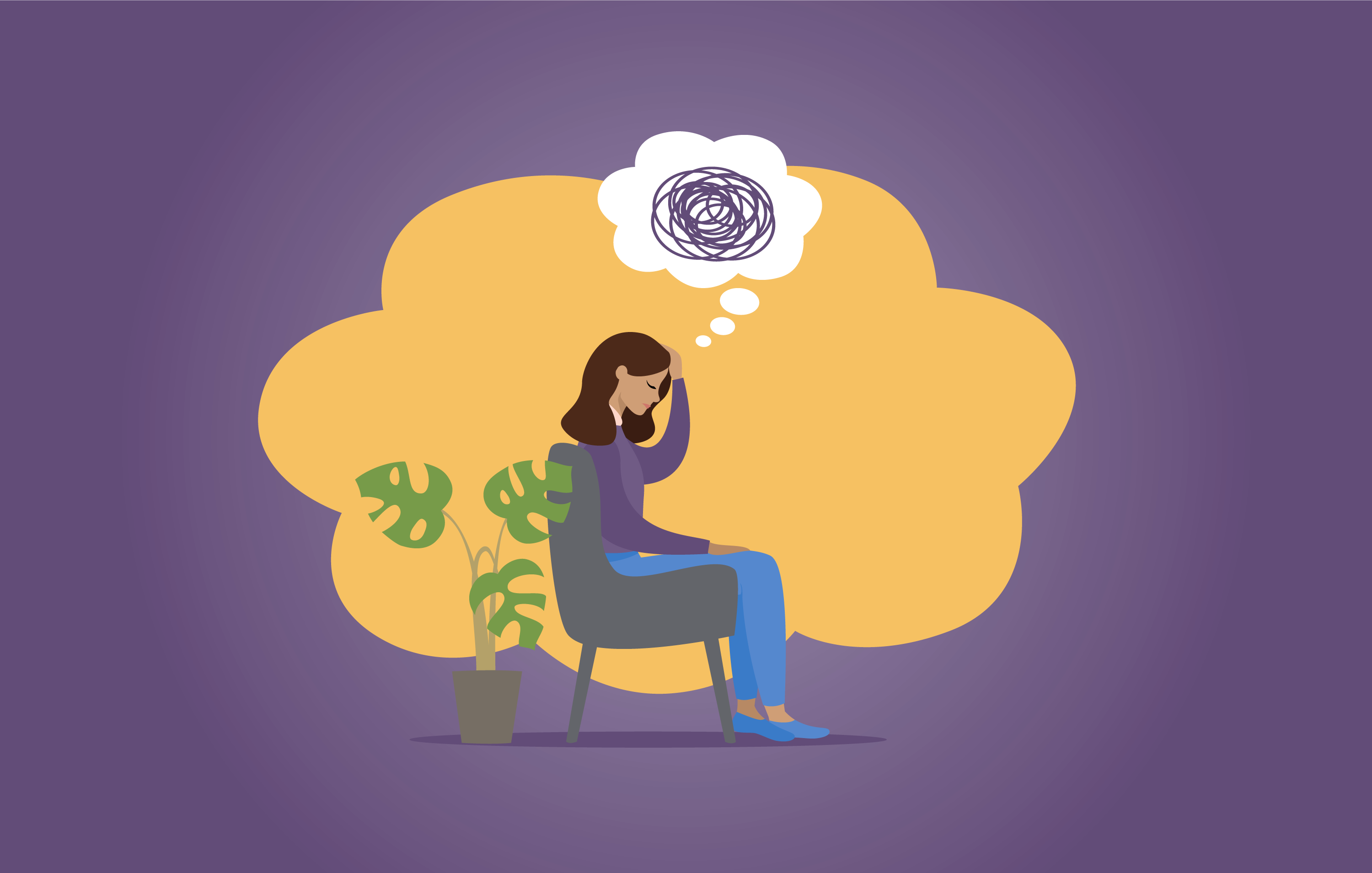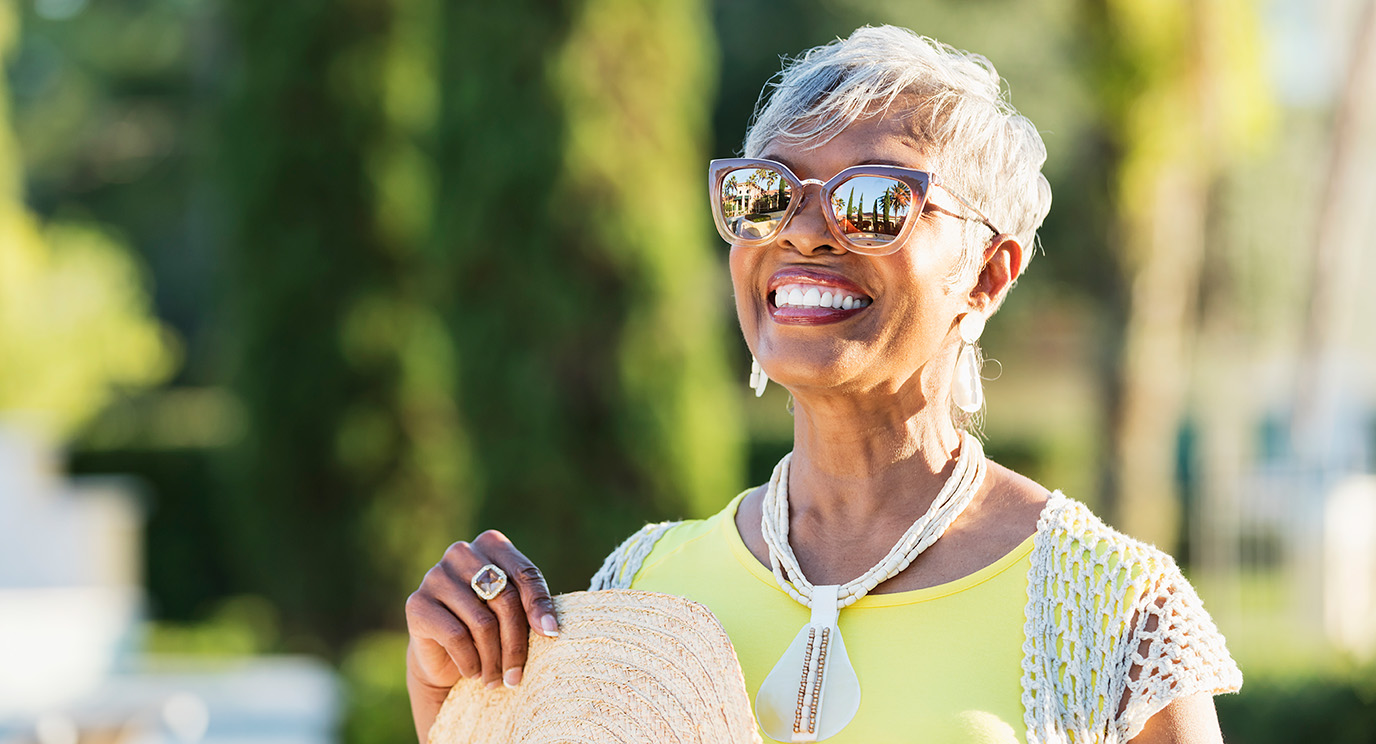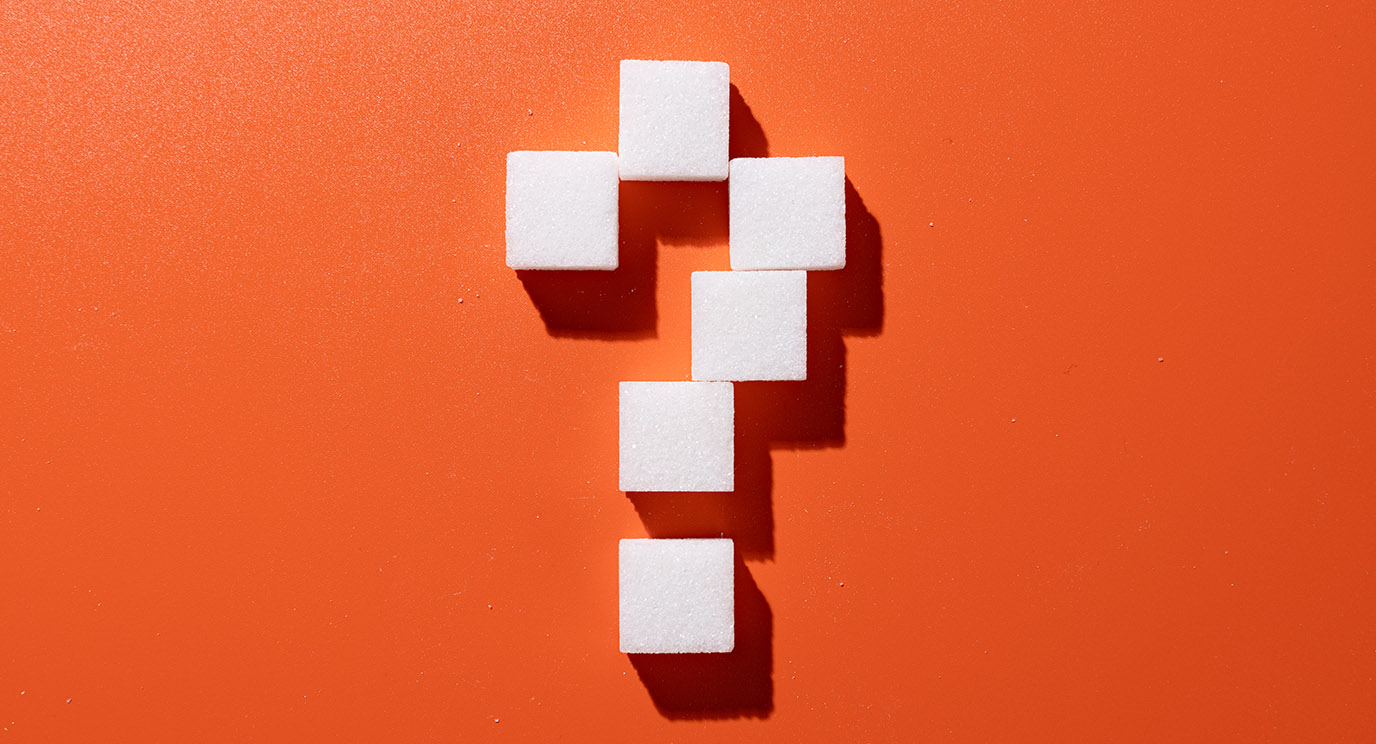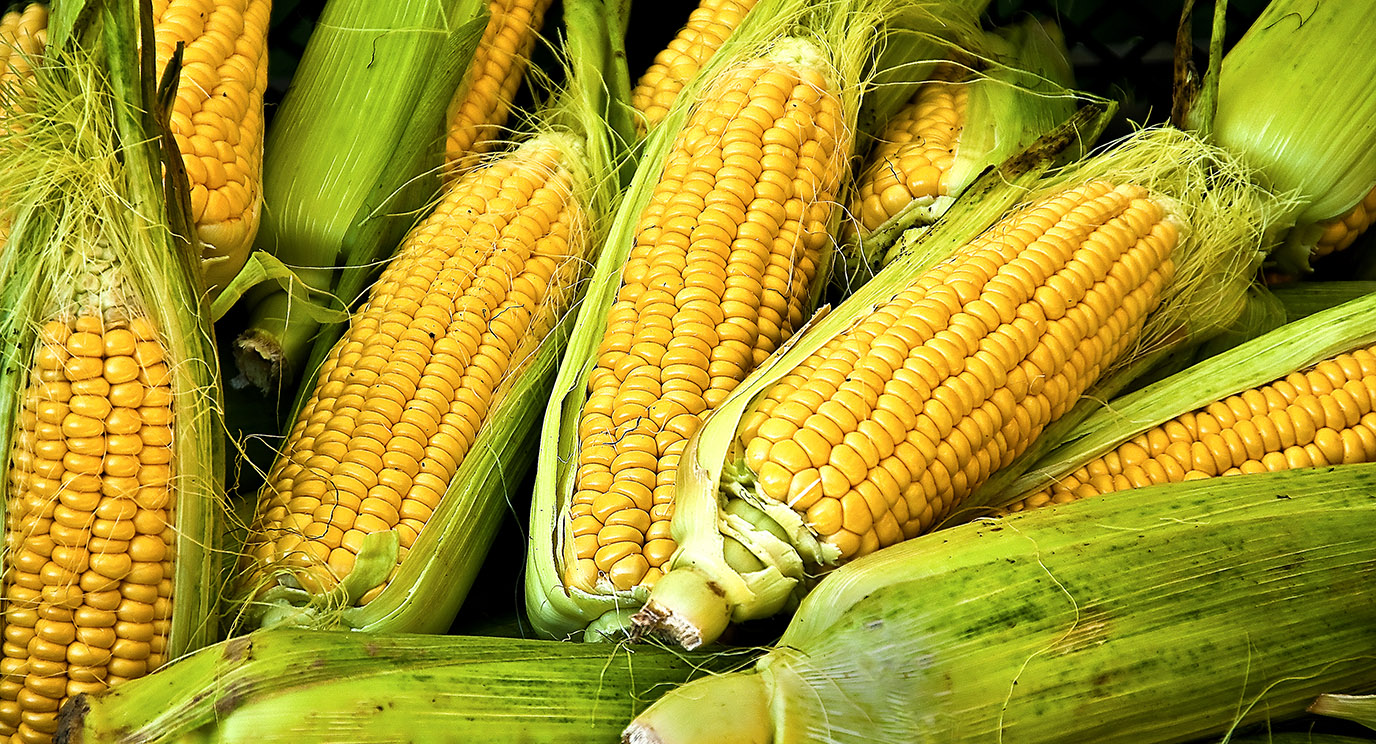- Diseases
- Acoustic Neuroma (16)
- Adrenal Gland Tumor (24)
- Anal Cancer (70)
- Anemia (2)
- Appendix Cancer (18)
- Bile Duct Cancer (26)
- Bladder Cancer (74)
- Brain Metastases (28)
- Brain Tumor (234)
- Breast Cancer (726)
- Breast Implant-Associated Anaplastic Large Cell Lymphoma (2)
- Cancer of Unknown Primary (4)
- Carcinoid Tumor (8)
- Cervical Cancer (164)
- Colon Cancer (168)
- Colorectal Cancer (118)
- Endocrine Tumor (4)
- Esophageal Cancer (44)
- Eye Cancer (36)
- Fallopian Tube Cancer (8)
- Germ Cell Tumor (4)
- Gestational Trophoblastic Disease (2)
- Head and Neck Cancer (14)
- Kidney Cancer (130)
- Leukemia (342)
- Liver Cancer (50)
- Lung Cancer (286)
- Lymphoma (278)
- Mesothelioma (14)
- Metastasis (30)
- Multiple Myeloma (100)
- Myelodysplastic Syndrome (60)
- Myeloproliferative Neoplasm (6)
- Neuroendocrine Tumors (16)
- Oral Cancer (102)
- Ovarian Cancer (178)
- Pancreatic Cancer (160)
- Parathyroid Disease (2)
- Penile Cancer (14)
- Pituitary Tumor (6)
- Prostate Cancer (150)
- Rectal Cancer (58)
- Renal Medullary Carcinoma (6)
- Salivary Gland Cancer (14)
- Sarcoma (238)
- Skin Cancer (300)
- Skull Base Tumors (56)
- Spinal Tumor (12)
- Stomach Cancer (66)
- Testicular Cancer (28)
- Throat Cancer (92)
- Thymoma (6)
- Thyroid Cancer (100)
- Tonsil Cancer (30)
- Uterine Cancer (86)
- Vaginal Cancer (18)
- Vulvar Cancer (22)
- Cancer Topic
- Adolescent and Young Adult Cancer Issues (22)
- Advance Care Planning (12)
- Biostatistics (2)
- Blood Donation (18)
- Bone Health (8)
- COVID-19 (360)
- Cancer Recurrence (120)
- Childhood Cancer Issues (120)
- Clinical Trials (628)
- Complementary Integrative Medicine (22)
- Cytogenetics (2)
- DNA Methylation (4)
- Diagnosis (238)
- Epigenetics (6)
- Fertility (62)
- Follow-up Guidelines (2)
- Health Disparities (14)
- Hereditary Cancer Syndromes (128)
- Immunology (18)
- Li-Fraumeni Syndrome (8)
- Mental Health (122)
- Molecular Diagnostics (8)
- Pain Management (62)
- Palliative Care (8)
- Pathology (10)
- Physical Therapy (18)
- Pregnancy (18)
- Prevention (936)
- Research (390)
- Second Opinion (78)
- Sexuality (16)
- Side Effects (616)
- Sleep Disorders (10)
- Stem Cell Transplantation Cellular Therapy (216)
- Support (408)
- Survivorship (328)
- Symptoms (182)
- Treatment (1788)
7 tips for reducing household toxins
4 minute read | Published October 17, 2022
Medically Reviewed | Last reviewed by an MD Anderson Cancer Center medical professional on October 17, 2022
It’s easy to feel overwhelmed by toxins that may increase cancer risk. After all, household products have so many unrecognizable ingredients. You might find yourself going down rabbit holes searching online, finding conflicting information and wondering what the answer is.
It’s a challenge for the professionals, too. MD Anderson researcher Melinda Yates, Ph.D., studies toxicology and cancer and says it’s something she thinks about every day.
“I’m a scientist at home and work, for sure,” says Yates. “It can be overwhelming to find the best products for your family, but there is an opportunity to be an empowered consumer and add something to your cancer prevention toolkit.”
Here are seven things she wants you to know about household toxins and cancer risk.
1. Focus on the products you use most often.
When it comes to toxins, regular exposure over a long period can be more serious than a one-time contact. When you are checking ingredients, prioritize products that are in your life every day.
“It can be things like lotion you use three times a day, anything you spray in the air every day, the pillows that you sleep on for eight hours a night or your baby’s crib mattress,” says Yates. “Those are some areas where I spend energy looking for choices with the fewest potential toxins.”
Items related to food and drink fall into that category, too. This includes reusable water bottles, the plates and bowls you eat from and food storage containers.
2. Be wary of plastics.
Cutting out plastics can be an easy way to reduce your exposure to toxins.
“Manufacturers use many different chemicals to get plastic into all the different shapes, sizes and colors that are used,” says Yates. “Those chemicals can sometimes leach into food and drink and have harmful effects, or at least effects that are not what we intend.”
Switch out your water bottles for glass or stainless steel, microwave your food in a ceramic bowl and store your food in glass or other plastic alternatives.
You might also want to look at your children’s toys. Is your baby putting plastic in their mouth all day long, or are they teething on plastic toys with color flaking off?
3. Fragrance can mean many things.
When you’re looking at the labels on cosmetics, look for the term ‘fragrance.’ This can be a red flag.
“That label ‘fragrance’ can be mysterious and include many different things. Sometimes it’s nothing dangerous, but sometimes it is,” says Yates. “For me, it’s another ingredient that I avoid because it’s not necessary and it’s not that painful to eliminate it from my life.”
4. Use online sources wisely.
It can be difficult to navigate around all the misinformation published online. Still, when it comes to comparing the safety of ingredients, databases from the Environmental Working Group can be a good place to start, says Yates.
“The information on cleaning products is good. You can also get good comparisons for different skin care products or ingredients. You won’t get a yes or a no, more like grades from 1-10, so you can make your judgments,” says Yates. “It will also tell you if ingredients have concerns regarding allergies, cancer, or hormonal and reproductive toxicity.”
5. Follow warnings on labels.
Pay attention when the product you are using has a hazard label and recommends taking precautions like using gloves or safety goggles.
“We don’t want to be cavalier and think, ’Oh I don’t need that.’ This is an appropriate time to exercise that caution,” says Yates. “You might think it’s no big deal, and then that’s the time there is an accidental spill, or the wind blows a product in your face. Where we know there is a hazard, using the proper precautions is important.”
6. Support your body’s ability to remove toxins.
Your body has its detoxifying organ – the liver. It works well when it’s taken care of. Maintaining a healthy diet and healthy weight, getting regular exercise and limiting alcohol all help your liver do its job.
“Your body can work at its best when your liver is not stressed by excess fat deposits and added toxins from ultra-processed food,” says Yates. “There are many protective pathways in your body, which can turn on most effectively when you are healthy.”
Eat a plant-based diet and get at least 150 minutes of moderate or 75 minutes of vigorous exercise each week.
7. Don’t give up.
It’s easy to throw up your hands and say, “Everything might give me cancer and I give up,” but hang in there, says Yates.
“Each of us has to pick our battles. Some things are harder to control like the soil around your house where your kids are playing or air pollution in your city,” she says. “But there are also things you can control, like the products you buy.”
Request an appointment at MD Anderson online or by calling 1-833-341-2828.

Each of us have to pick our battles.
Melinda Yates, Ph.D.
Researcher

